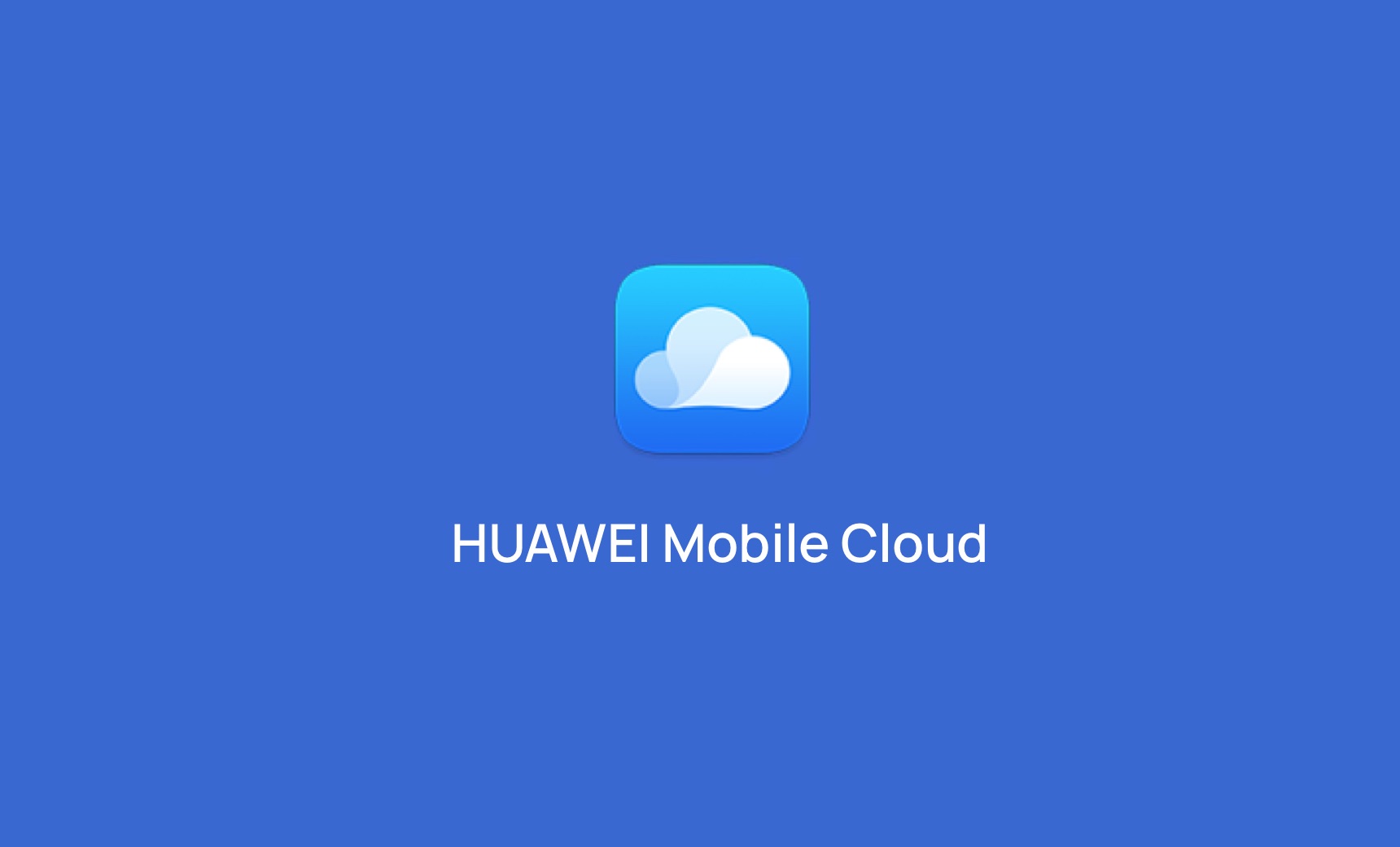Chip-level security protection
Huawei's HiSilicon chipsets provide hardware based, chip-level security protection. They fend off side-channel attacks and other physical attacks through a range of security capabilities: secure boot, secure storage, a trusted execution environment, the True Random Number Generator, hardware based algorithmic engines, and hardware-level attack prevention. In addition, these chipsets run in a trusted execution environment to protect device systems, data, and network communications. Huawei's innovative financial-grade inSE security solution embeds a security chip into a smartphone processor. inSE utilizes a System-on-a-Chip (SOC) design and software algorithms to protect both software and hardware. This ensures chip-grade protection for a smartphone's system security and user privacy, because it can build defenses into software and withstand hardware attacks.
Chip-level security protection
Huawei's HiSilicon chips provide hardware based, chip-level security protection. They fend off side-channel attacks and other physical attacks through a range of security capabilities: secure boot, secure storage, a trusted execution environment, the True Random Number Generator, hardware based algorithmic engines, and hardware-level attack prevention. In addition, these chips run in a trusted execution environment to protect device systems, data, and network communications. Huawei's innovative financial-grade inSE security solution embeds a security chip into a smartphone processor. inSE utilizes a System-on-a-Chip (SOC) design and software algorithms to protect both software and hardware. This ensures chip-grade protection for a smartphone's system security and user privacy, because it can build defenses into software and withstand hardware attacks.
Huawei's Emotion User Interface (EMUI) provides end-to-end security protection for hardware, systems, and apps. This includes security and privacy protection for hardware chips, system kernels, data, apps, networks, payments, cloud services, and device management.
Trusted Execution Environment (TEE)
EMUI supports the secure TEE operating systems of various chip platforms. iTrustee is a TEE OS designed by Huawei, based on Huawei's HiSilicon platform, using ARM TrustZone. iTrustee creates a well-protected and isolated environment for users' confidential data and apps, including fingerprint screen unlocking, fingerprint payments, USB keys, Skytone, and Huawei Wallet.
Security of systems and apps
EMUI ensures security with advanced functions at four levels: System security、Data security、App security and Communications security.
Security of systems and apps
EMUI ensures security with advanced functions at four levels: System security: integrity protection (verified boot, Huawei Kernel Integrity Protection, and EMUI Integrity Measurement Architecture), kernel security (Security-Enhanced Linux access control, and kernel address space layout randomization), and system software upgrade. Data security: lock screen passcode protection, file system encryption, Huawei Universal Keystore, secure erasure, and password vault. App security: app signature, app sandbox, runtime memory protection, secure input, app threat detection, AI security defense, malicious website detection, and traffic management. Communications security: defense against rogue base stations, blocks and filters, and device interconnection security.
Huawei's mobile cloud services
Huawei's mobile cloud services provide robust security protection for Huawei accounts, HiCloud, and AppGallery.
Security of accounts
Over 500 million people can use their accounts securely thanks to our cutting-edge account protection technologies. These technologies include two-factor authentication, slide verification codes, heuristic security authentication, and account risk control.
HiCloud
On Huawei's HiCloud, users can store and synchronize numerous types of data, such as photos, contacts, text messages, call logs, memos, calendars, and web browser bookmarks. To protect this data, HiCloud employs nine advanced technologies: password security, authentication management, permission management, session management, password algorithms, password management, privacy protection, integrity management, and digital certification management.
Huawei AppGallery
Huawei's AppGallery manages the security of apps with a four-layer system: detecting malicious behavior, scanning security vulnerabilities, checking privacy breaches, and performing manual reassessments. With this system, users can download secure apps from Huawei's AppGallery.
Privacy and security certifications by authoritative institutions

Major products of Huawei's Consumer BG have passed multiple international security certifications that examine devices as well as their chips and cloud services. These certificates attest to our ability to consistently meet high standards for user privacy and security. The inSE solution for the Kirin 980 chip received an EMVCo certificate in the finance sector. This certificate allows for international mobile payments and mobile financial services. The inSE has also received the China Financial National Rising Authentication (CFNR) Technology Certification of Mobile Financial Service – Chip Security, passed China UnionPay's Card Chip Security Specifications, and obtained the level-2 Certificate for Commercial Cipher Product Models. iTrustee 2.0, a trusted execution environment for devices, has been awarded the CC EAL 2+ certificate. CC, or Common Criteria, is an international standard for IT security evaluation and certification. Huawei Mobile Cloud has obtained international security certificates based on ISO 27001 and CSASTAR. Vmall, an online store for Huawei products, received the internationally recognized TRUSTe privacy certificate. Huawei Pay, a mobile payment app, has been granted a PCI DSS certificate, the world's highest security standard.







